Two new variants of the coronavirus have emerged that seem to make the virus more easily transmitted. But will they stymie vaccination efforts?
One, first identified in Britain, has popped up around the world. While researchers worried at first that it might have changed enough to evade the protection offered by coronavirus vaccines, the evidence suggests it has not.
But a second new variant first seen in South Africa may carry changes that would help the virus at least partly escape the immunity provided by some of the current vaccines.It has to do with where the changes are, and how they affect the shape and function of the virus.All the current vaccines target what is known as the spike protein -- the structure the virus uses to get into the cells it attacks.
"This protein happens to be so important that it is always on display," said Dr. Buddy Creech, a pediatric infectious disease specialist at Vanderbilt University Medical Center who is helping lead clinical trials there of coronavirus vaccines.
"It makes sense that our immune system would be focused on that important part of the virus."It's a highly recognizable part of the virus, and the vaccines in development all aim to train the body to recognize that flag and attack it.Mutations that change the way that spike protein looks can also help it hide from both arms of the immune system -- the antibodies that attach to a virus and stop it from latching onto cells, as well as the T cells that attack the virus.
"There could be mutations in the spike protein that change it in a way that our antibodies won't be as good. We haven't seen that happen yet," Creech told CNN.
There were worries that a set of mutations first identified in England -- and now seen to have arisen around the world -- might help the coronavirus evade vaccines. But the evidence now indicates that while those mutations appear to have made the virus more contagious, they have not affected whether the immune system can recognize it.A variant first identified in South Africa is a little more worrying, however. It has mutations in one particular place on the spike protein, called E484 by viral geneticists, that affect whether the immune system can neutralize the virus.
Several studies found mutations there can reduce the neutralization activity by as much as 10-fold.
But the complex human immune system response might still allow the body to block the virus from a variety of other directions. While the mutation could foil antibodies focused on that particular piece of the spike protein, it won't affect antibodies trained to look for other parts of the virus.
"It is analogous to a key and lock. If that lock changes, maybe the key can't get in," said Scott Hensley, an expert in immunology and molecular biology at the University of Pennsylvania.
"But imagine this not as a single door into a room, but 10 different doors. There will be nine other keys that will be able to get you into that room."
That's because people usually make more than one type of antibody against a virus.
"The human immune system is complicated, and it is likely that most of us have antibodies against multiple targets," Hensley told CNN. "It is likely these variants are not going to have a huge effect on the vaccine response."
Microbiologist Jesse Bloom of the University of Washington and colleagues found strong evidence this is the case.
In a preprint study posted Tuesday -- one that has not been peer reviewed or published in a scientific journal -- they described how the immune cells and antibodies in blood taken from 11 different people responded in many different ways to mutations in the virus.
For a few people, mutations allowed the virus to escape so called neutralizing antibodies, which stop the virus from getting into cells. But in blood serum taken from others, even mutant virus was overwhelmed by the variety of antibodies produced.
"There is extensive person-to-person variation in how mutations affect serum antibody binding and neutralization," they wrote.
Creech said a virus really cannot afford to mutate too much.
"If it changes too much, it can't bind to the cell surface now and it's not just a good virus any more," he said. It might evade the immune response elicited by a vaccine, but it also would be unable to infect cells.
All viruses mutate, or drift. Some do so more than others. Influenza "drifts" constantly, forcing annual changes to the vaccine mixes used to fight it, while any changes seen to measles have not affected how well the vaccine works.Scientists hope coronavirus is more like measles than influenza. But Creech and Hensley agree there is a clear solution to defeating any potential mutations in the virus.
"The most important thing that we could do is encourage vaccination," Hensley said.
"Let's stop this virus in its tracks. If we could magically get 60-70% of the population vaccinated tomorrow, we wouldn't have to worry about drift because the virus would pretty much go extinct."
https://edition.cnn.com/2021/01/06/health/mutations-coronavirus-vaccine-evade/index.html
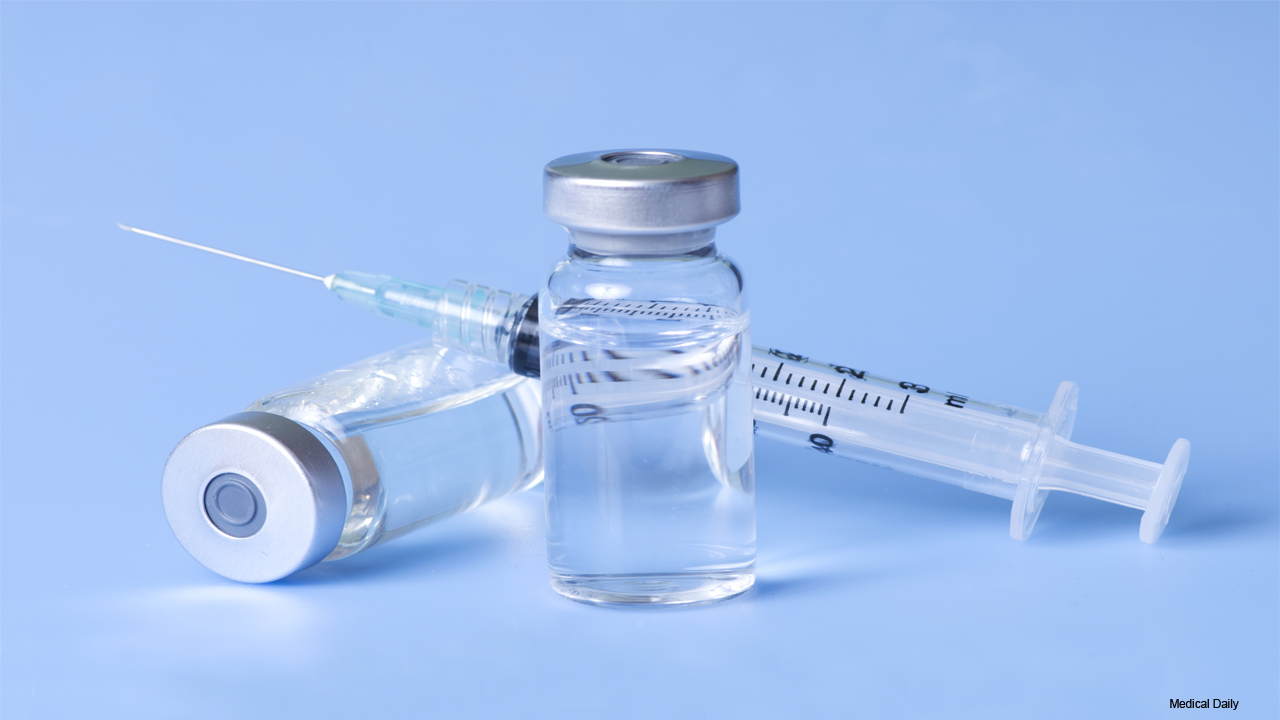
 Researchers say the vaccine should overcome mutated varieties
Researchers say the vaccine should overcome mutated varieties









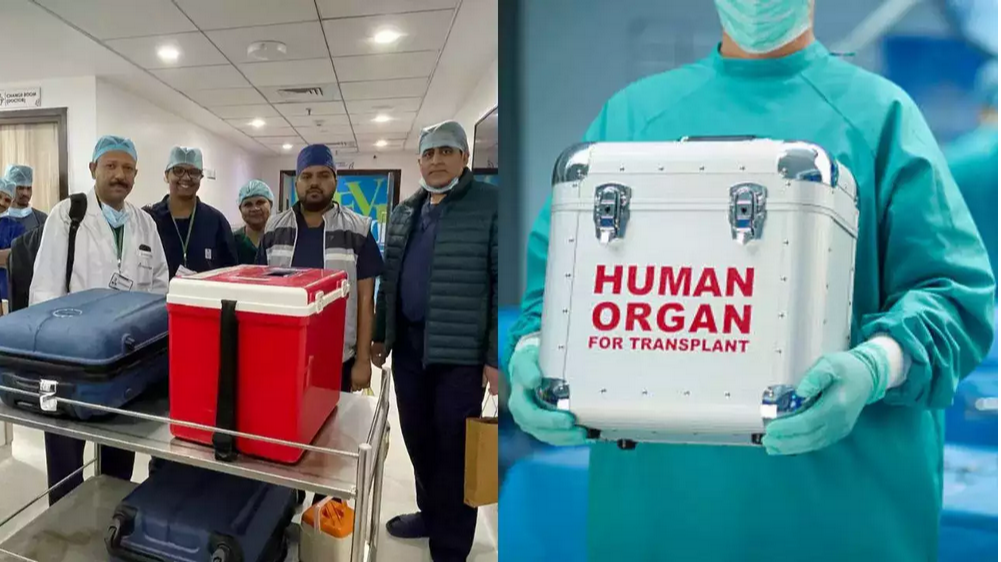
.jpg)
.jpg)
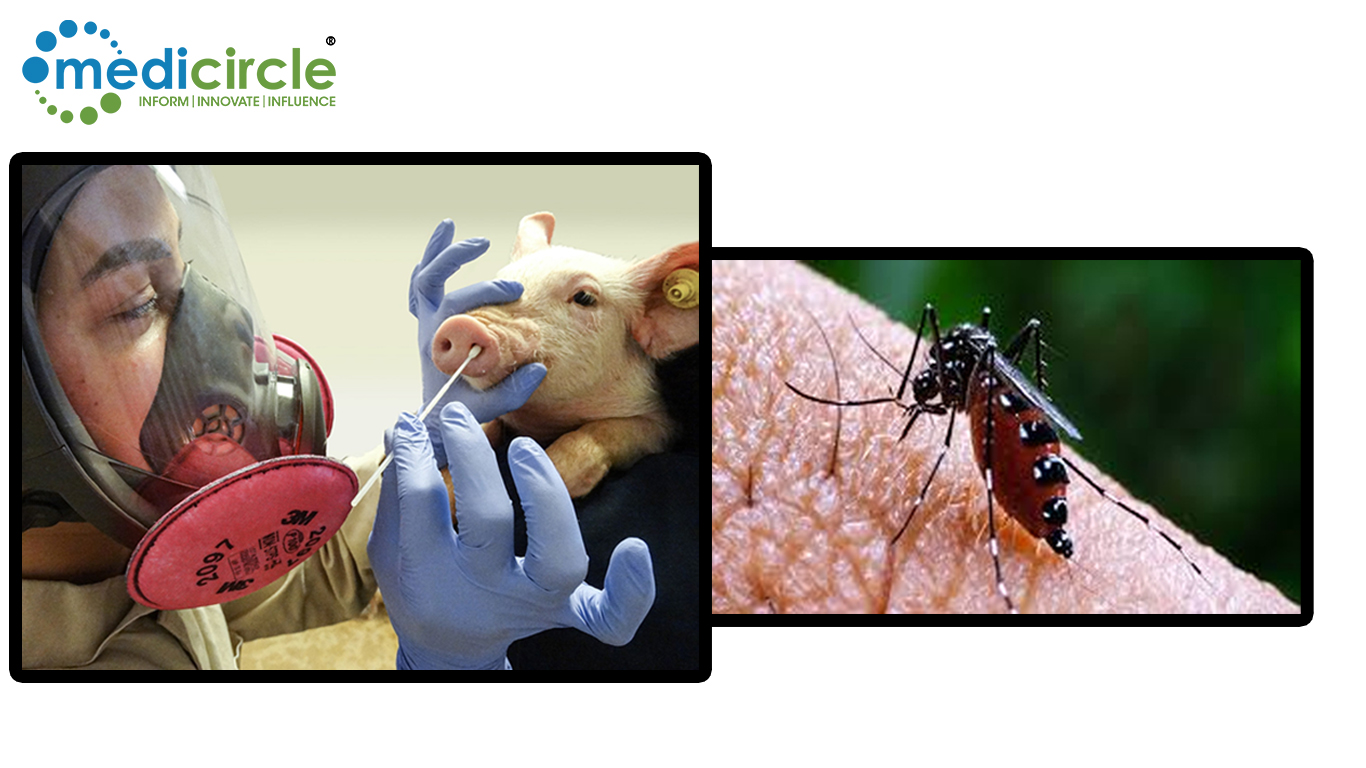
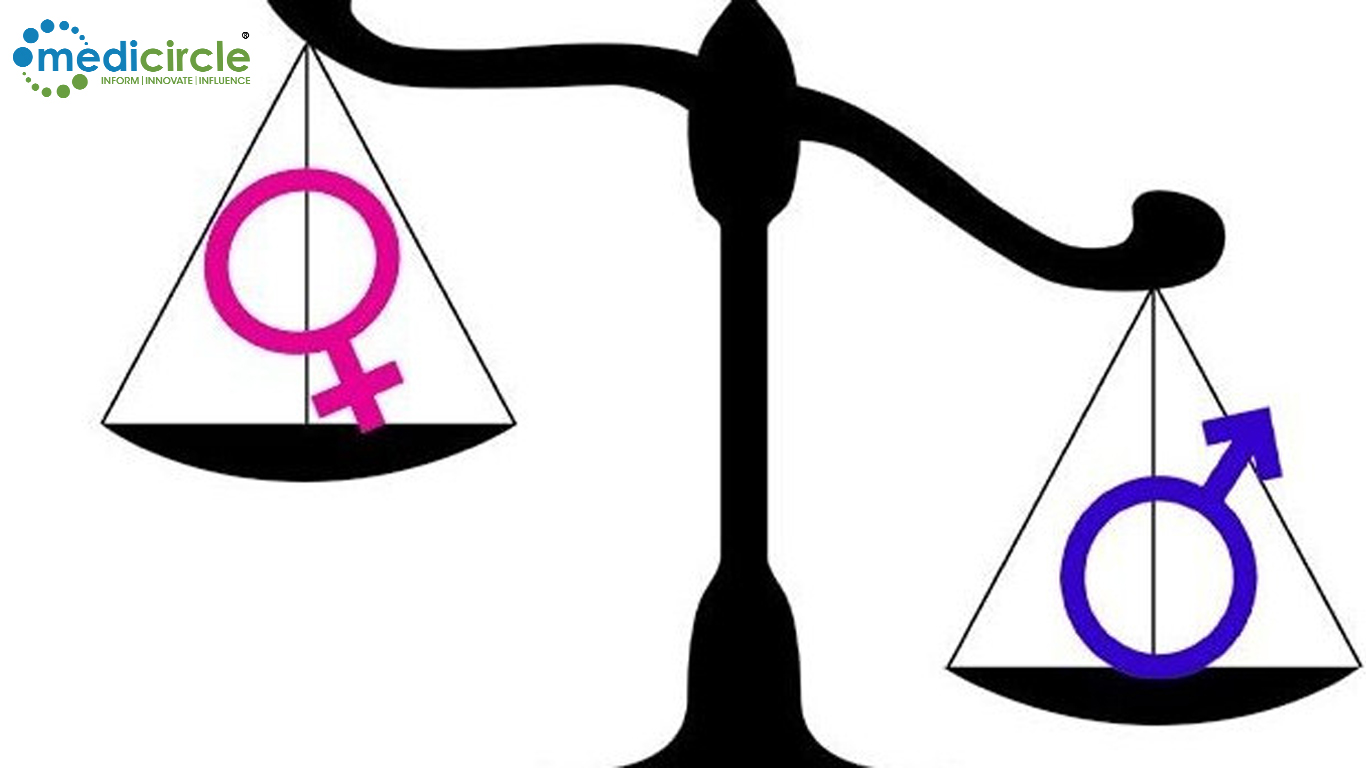
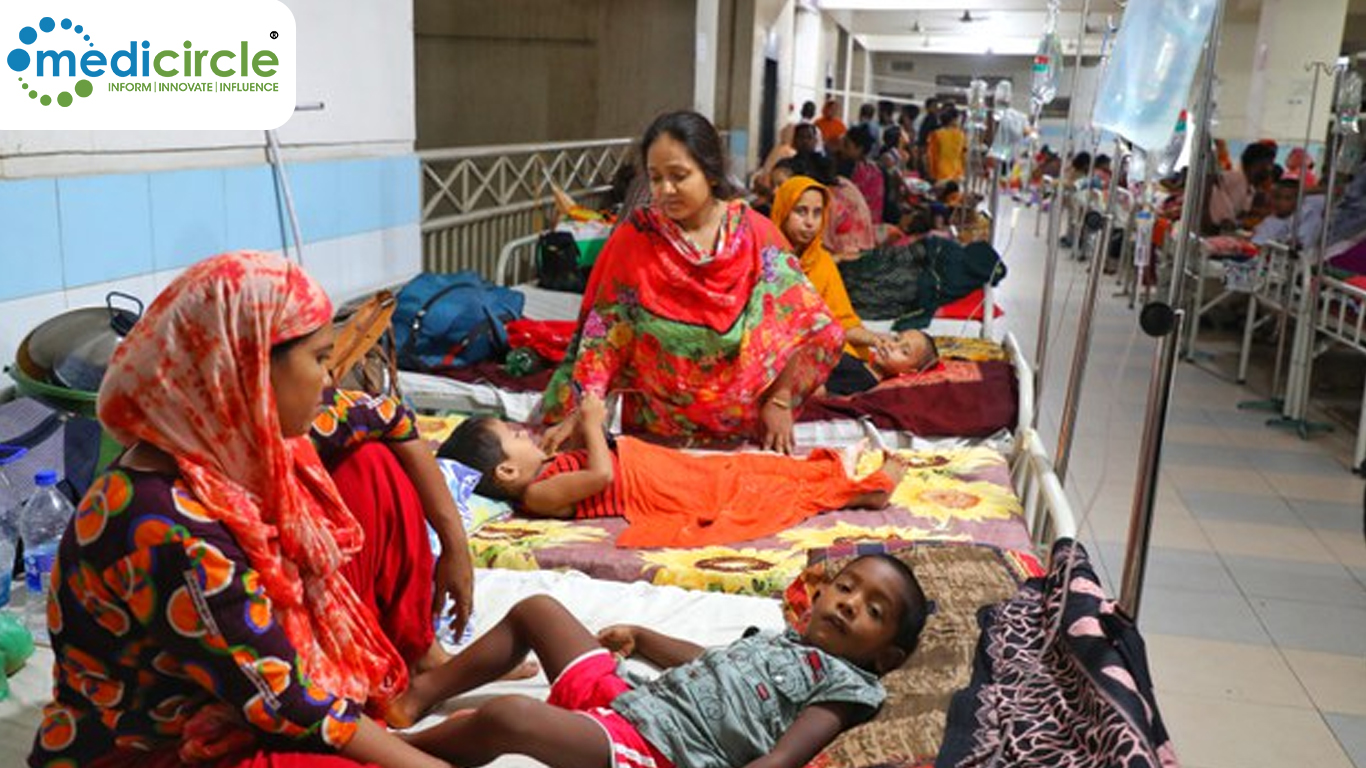





.jpeg)






.jpg)




.jpg)





.jpeg)
